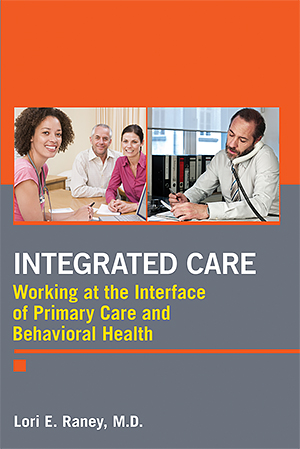Chapter 9.Behavioral Health Homes
Sections
Excerpt
Many patients with serious mental illness (SMI) and substance use disorders are often seen more frequently by behavioral health specialty organizations such as a community mental health center (CMHC) than by other health care providers. As a group, these individuals have substantially higher rates of chronic medical conditions and premature mortality than the general population (Colton and Manderscheid 2006) and are less likely to receive adequate care for their medical conditions (Parks et al. 2006). Many of these individuals may be unable or unwilling to receive care in a primary care clinic, and even when they do, coordination between behavioral health and medical services may be poor (Druss and Walker 2011). For those individuals who have relationships with behavioral health organizations, care may be best delivered by bringing primary care, prevention, and wellness activities on-site into behavioral health settings (Parks et al. 2005).
Access content
To read the fulltext, please use one of the options below to sign in or purchase access.- Personal login
- Institutional Login
- Sign in via OpenAthens
- Register for access
-
Please login/register if you wish to pair your device and check access availability.
Not a subscriber?
PsychiatryOnline subscription options offer access to the DSM-5 library, books, journals, CME, and patient resources. This all-in-one virtual library provides psychiatrists and mental health professionals with key resources for diagnosis, treatment, research, and professional development.
Need more help? PsychiatryOnline Customer Service may be reached by emailing [email protected] or by calling 800-368-5777 (in the U.S.) or 703-907-7322 (outside the U.S.).



